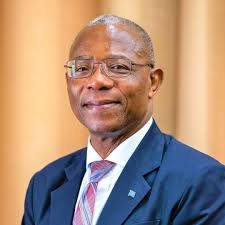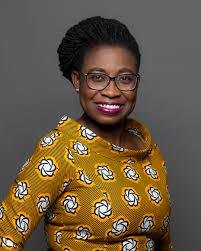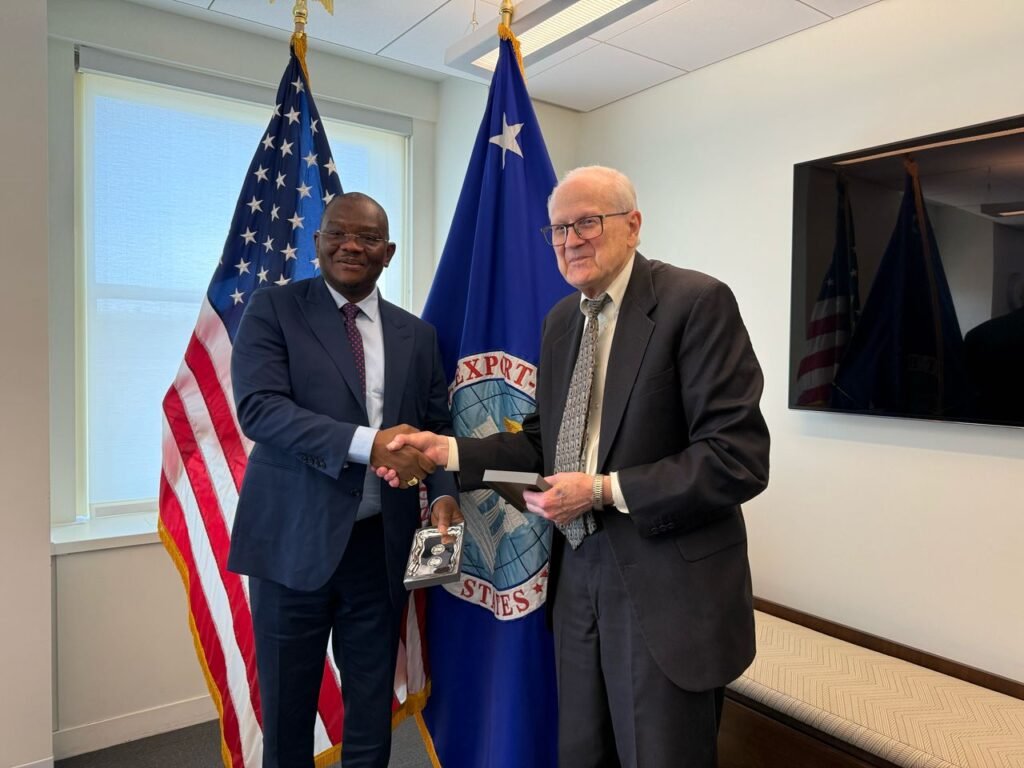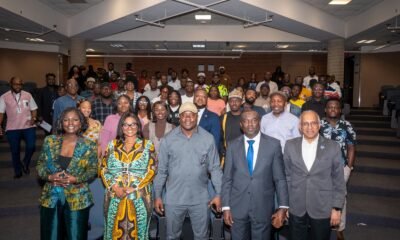Hot!
‘Ghanaman Time’ impeding development, leaders must set good example

Georgina Asare Fiagbenu
Lateness for work and other important activities appears to have garnered a place in the scheme of things for majority of Ghanaians.
The canker has sunk so deep in the Ghanaian DNA that it has been christened the ‘Ghanaman Time’, a parlance partially accepted among a certain class of people.
Upshots of this are the precious hours wasted at public events due to the late arrival of guests at events, especially the political elites whose absence means everyone must be held for hours.
But a Global Communication Expert, Mr Ben Dotsei Malor believes the lateness scourge was beginning to have a negative impact on various sectors of the country and largely, impeding development and calling for a change in attitude.
Mr Malor believes that one of Ghana’s major problems as far as development was concerned was her disrespect to time and unpunctuality.
Speaking at the latest online ‘Time Keeping Dialogue’ series on Sunday hosted by Head, Corporate Communications at MTN, Mrs Georgina Asare Fiagbenu, as part of efforts to address the challenge, Mr Malor called on leaders to set good examples by attending events on time.


The virtual conversation was under the theme, ‘Ghanaman Time’ to Greenwich Mean Time – Lessons from the Diaspora.”

Mr Malor, Chief Editor of Dailies at the United Nations (UN) News and Media Division of the UN Department of Global Communications, said the canker was impeding development and Ghanaian leaders must be concerned.
“We have normalised the abnormal, accepted the unacceptable, tolerated the intolerable, defended the indefensible, and condoned what should be condemned. This is impeding our development,” he stated.
He said, it was regrettable that leaders attend events late and expect their subordinates to be on time.
The change, he said, must start with leadership so that they would be able to punish people for their lateness.
Mr Dotsei Malor proposed that, financial consequences must be attached to lateness to put people on their toes.
“When one loses a portion of his or her salary due to lateness, it would stop them from making excuses not to be at work early,” he stated.
Mr Malor acknowledged that the issue was not unique to Ghanaians, citing Ecuador, where in 2003 the government declared a state of emergency to address chronic lateness estimated to cost the country $2.5 billion annually.
However, the former BBC Editor said the issue was more damaging in Ghana compared to other countries.
Mr. Dotsei Malor asserted that the disrespect for time, where a programme scheduled for 10am-12pm eventually begins at 11:30am, was largely why most Ghanaians were poor and the economy, in a bad state.
“Being time-conscious means increased productivity, and productivity means efficiency. A lack of this results in inefficiency, lack of success, and other problems,” he stated.
According to Mr. Dotsei Malor, acknowledging the impact of time wasting was a step in eradicating the ‘Ghanaman time” that has persisted for years.

On her part, Kirstie Angsmann, a member of the Migrants Council and Women’s Commission in Freiburg, Germany, added that in Germany, the system is structured that excuses like ‘my car broke down’ or ‘I was stuck in traffic’ were not tolerated.
Mrs. Kirstie Angsmann, a Ghanaian woman married to a German, noted that Ghanaians needed to take every bit of their time seriously, just as it is done in Germany.
Mrs Georgina Asare Fiagbenu in her closing remarks, said more of such conversations would be held to address the challenge and ensure productivity across all sectors of the economy.
By Michael D. Abayateye
Hot!
GEXIM deepens relations with US EXIM Bank

A management team of the Ghana Export – Import Bank (GEXIM) led by the Acting Chief Executive, Sylvester Mensah met with the leadership of the Export–Import Bank of the United States (US EXIM) on Wednesday April 23, 2025 in Washington DC, United States of America.
The Acting President and Chairman of US EXIM, Mr. James C. Cruse and Vice President, International Relations, Ms. Isabel Galdiz received the GEXIM delegation, which included Deputy CEO for Banking, Mr. Moses Klu Mensah and Head of International Cooperation, Mr. Jonathan Christopher Koney at the headquarters of US EXIM.

The meeting offered the GEXIM team the opportunity to share the strategic direction of the Bank in line with the resetting agenda of the President of the Republic, His Excellency John Dramani Mahama for the repositioning of the Ghanaian economy into an export-led one by providing the requisite investment to Ghanaian businesses.
Mr. James C. Cruse expressed US EXIM’s eagerness to deepen its existing relations with GEXIM and proposed the signing of a new Cooperative Framework Agreement following the expiration of a Memorandum of Understanding signed in 2019 to utilize US EXIM’s medium term loan guarantees to procure machinery by GEXIM for qualified Ghanaian Small and Medium-sized Enterprises (SMEs).
Mr.Sylvester Mensah thanked the Acting President and Chairman of US EXIM for hosting the GEXIM delegation and reaffirmed the Ghanaian government’s commitment to strengthening trade and investment between Ghana and its global partners for economic transformation of Ghana with GEXIM playing a pivotal role.
The two teams will be meeting on the sidelines of the 2025 US EXIM Annual Conference on 29th and April 30, 2025 to explore possible areas of collaboration and matching Ghanaian businesses to American companies. The meeting ended with an exchange of gifts.
Hot!
Many SOEs have been used as mere instruments for personal wealth accumulation –Pres.Mahama

President John Dramani Mahama has expressed concern over the misuse of State-Owned Enterprises (SOEs) for personal financial gain by individuals in leadership positions.
Speaking during a meeting with Chief Executives of specified entities under the State Interest and Governance Authority (SIGA) on Thursday, March 13, the President directly attributed the dire state of SOEs to their leadership, accusing chief executives, management teams, and governing boards of prioritising personal enrichment over organisational efficiency.
He pointed to bloated budgets, unjustified allowances, and unnecessary expenditures as factors draining public funds while SOEs continue to rely on government bailouts.
“Many SOEs have been used as mere instruments for personal wealth accumulation by appointees. The chief executives, management, and boards of these enterprises are responsible for this situation. Some SOEs have become perennial loss-makers, draining public funds with bloated budgets, unjustified allowances, and unnecessary expenditures while relying on government bailouts as if entitled to them. Many of these entities are at their lowest point in the entire history of the Fourth Republic,” he said.
President Mahama further noted that many SOEs have been plagued by inefficiencies, corruption, and mismanagement, leading to consistent financial losses. He cited the 2023 State Ownership Report by the State Interests and Governance Authority (SIGA), which highlighted systemic inefficiencies and wasteful expenditures within these entities.
He therefore reaffirmed his commitment to reforming under-performing SOEs and ensuring they serve national interests.
He warned that loss-making SOEs will no longer be tolerated and will either be merged, privatised, or closed.
“I will assess you based on your performance. If you do not align with the pace of the reset agenda, you may be asked to step aside. If that adds to the horror movie, so be it,” he added.
Source: Myjoyonline.com







